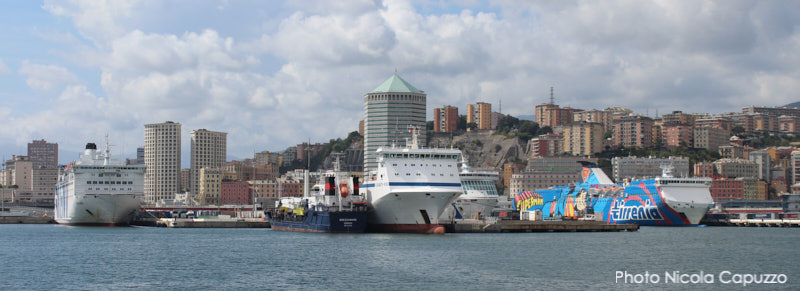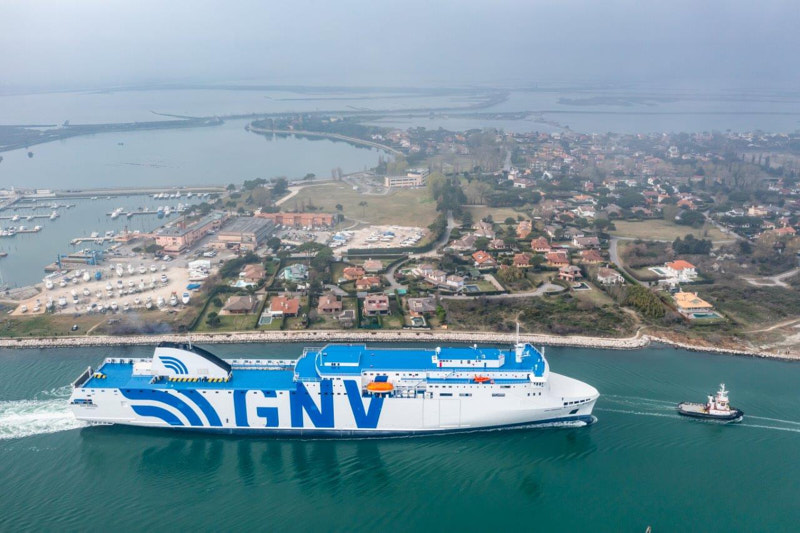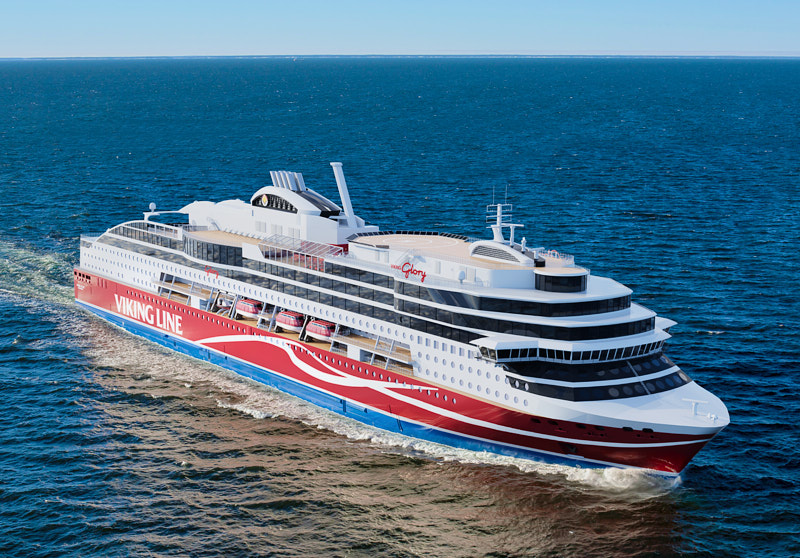Half-year Financial Report January–June 2021 (compared to January–June 2020)
- Sales EUR 71.5 million (97.5)
- Passenger-related revenue decreased 34.1% to EUR 50.1 million (76.0), while cargo revenue was EUR 20.4 million (20.7)
- Other operating revenue EUR 33.6 million (16.1)
- Operating income EUR 4.5 million (-27.4)
- Net financial items EUR -2.4 million (-2.1)
- Income before taxes EUR 2.2 million (-29.5)
- Income after taxes EUR 2.7 million (-23.7)
Key Figures H1
Passengers 538,348 (998,483)
Market share pax 32.1% (27.0%)
Cargo units 65,214 (62,409)
Market share cargo 16.8% (17.1%)
Market share pax cars 31.4% (24.1%)
Outlook
- The outlook for the financial year 2021 is better than the outcome for 2020.
- Improved demand starting late in Q2, 2021 together with one-off items in the form of the sale of MARIELLA and the anticipated redemption of Viking Line’s terminal buildings including fixtures and fittings with the City of Turku will boost income.
- Uncertainty about how authority requirements, State aid, the impact of vaccination programmes and related restrictions on passenger traffic as well as market demand will affect Viking Line’s operations, results and financial position for the full-year 2021, but on the whole the Board of Directors believes operating income will be positive.
Second quarter 2021 (compared to second quarter 2020)
- Sales amounted to EUR 46.9 million (22.6)
- Operating income EUR 12.2 million (-5.9)
- Covid-19 continues to dominate the company’s operations and results, but at the end of Q2 Viking Line saw increased demand for services between Åland, Finland and Sweden.
- Traffic between Finland and Estonia has been greatly affected by restrictions.
- Results for the second quarter were dominated by Viking Line’s public service obligations (*) and cargo transports, but an increase in demand in the passenger sector was also discernible at the end of the period.
(*) During H1, the Group received aid for its public service obligations from Traficom for the Group’s vessels on the Turku–Mariehamn/Långnäs–Stockholm, Mariehamn-Kapellskär and Helsinki–Tallinn routes. It also received aid from the Development and Management Centre of Finland’s Centres for Economic Development, Transport and the Environment (known as ELY centres) and from Finland’s Local Employment and Economic Development Offices. The aid is recognized as State aid under other operating revenue.









